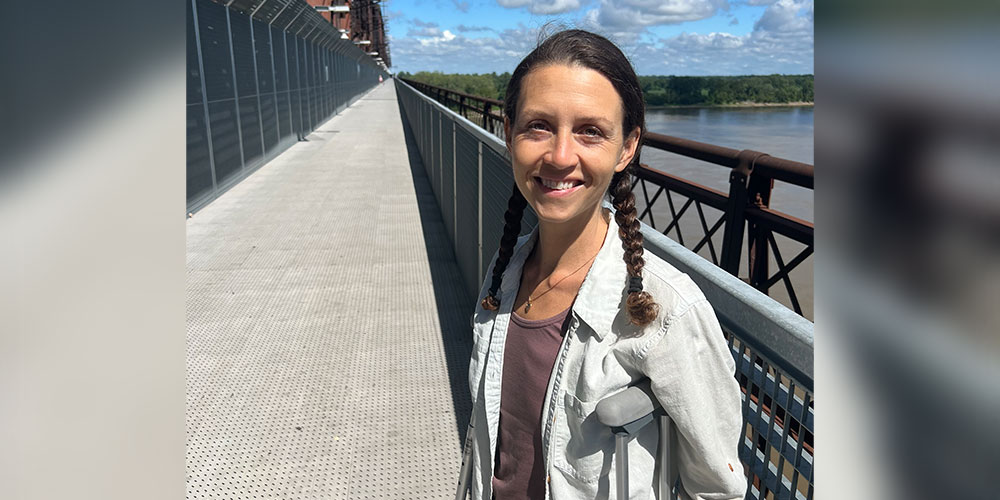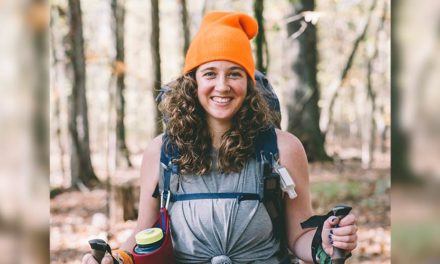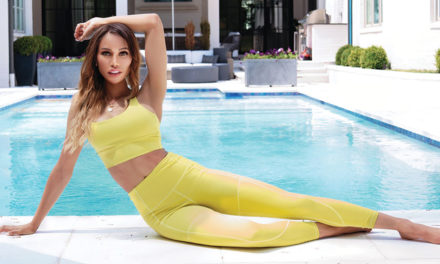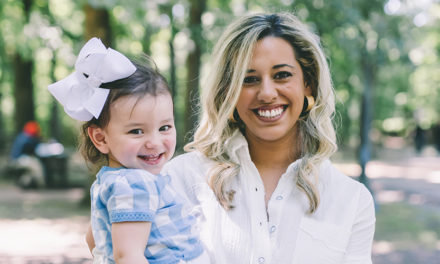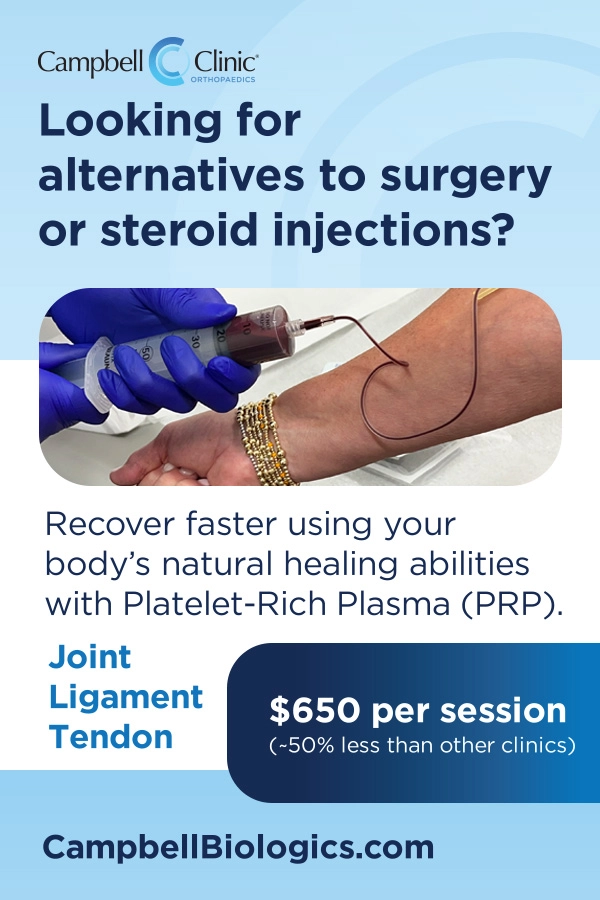Sharing moments on the Mississippi River’s longest pedestrian crossing.
If you want to understand this city, go to the best place to view it, Big River Crossing. I go there several times a week and see a passing parade: the dog walkers, the families with kids in awe of the passing barges under their feet, the tourist picture-takers, the holding-hands-couples-in-love, the rented electric bikers, along with the just-got-this-out-of-storage bikers, and the early morning brisk walkers.
For most of us, it’s a round-trip journey, but for others, it’s their only way into our state — a funnel that gathers those without a car who heed the call to go West. Crossing the river, you’ll see the scraggly homeless hoping for a free meal, the hungry hitchhikers riding on their thumbs, and the backpackers and cyclists eating miles and miles for weeks. These vagabonds with a one-way ticket are my favorite travelers to meet. Their stories hold adventure and desperation. They tell me where they’re going, but to me, it often seems like they are running away from something behind them.
I watch the tourists who are there to watch us, and I sometimes stop to help them with a family photo next to the sign marking the boundary between the two states. “Welcome to Memphis,” I tell them. An hour later, at the far end of the bridge, when I’m cycling back across, I greet others with, “Welcome to Arkansas.”
I admire the super runners from my bicycle, treading lightly across the bridge, barely breathing hard. They are part of the informal club I belong to: the here-for-fitness folks. The bridge calls to us and we come, lucky to live in a city with an asset that draws such a diverse group. Soon over a thousand acres right over the bridge will be a recreation magnet, overseen by Ducks Unlimited with plans to re-make the land into a nature showcase, your reward for crossing over.
There are the newcomers to exercise who have lost the diet battle but hope to conquer the bridge. Sometimes, they turn around midway, while others need to rest at the benches on the Arkansas side before struggling back to their car. As I cycle by, I want to shout, “Good for you!” but I realize those words sound more patronizing than encouraging, so I just nod and smile. Every fitness struggle has to start somewhere, and each person has a story and a challenge.
Some people you pass have a story that begs to be told. Like this woman I passed on a recent hot and humid morning. She was on crutches and had made a slow struggle across the bridge. When I saw her, she was turning around at the end, without resting on the benches, to make her way back across. I slowed my pedaling and pulled up beside her.
If you’ve ever had an injury requiring crutches, you know that the two miles out and back on the bridge are like 10 miles of walking. Somehow, she still managed to smile at me, a stranger on a bicycle. We started talking, and I soon realized I had read about her in the local news in June. She was leaving Overton Park on her bicycle with her six-year-old son, also on a bike, when tragedy struck. In a marked pedestrian crossing, at Overton Park Avenue and McLean, cars on McLean stopped to allow them to cross the street. Suddenly, a motorcyclist without a license, insurance, or common sense, sped around the cars blocking his way and knocked her down. As she was lying on the pavement, her first thought was about her son’s safety, but she could not focus and struggled to breathe. She had a collapsed lung, four broken ribs, a broken hip, and shattered knee bones.
“I remember looking up at the sky, and then finally seeing my son’s face. He wasn’t hurt but saw me get hit,” said Tiffany Harry, 40. “Those first days in the hospital were so hard. I remember it took me an hour to figure out how to sit up. My left side was crushed and every position hurt.”
Harry was a newcomer to Memphis. Her husband, Eric, had just taken a chief operating officer position with a Memphis company, 3PL Warehousing Logistics.
“Nature has always been important to me. I enjoy teaching my son to enjoy it as much as I do. Before coming to Memphis, we were nomads for two years. We started in Texas and went to Oklahoma, New Mexico, and then up the Rockies. We were in Boston before heading to Memphis for my husband’s job, and along the way, we stopped for day hikes on the Appalachian Trail. We wanted to let our son be exposed to the hiker trail community. I had been in Memphis for three months before my accident. Making it over the bridge is part of my recovery therapy.”
A month after our meeting, I checked back in with Harry. “I’m better. I have been to Campbell’s Clinic for my knee and 901 Physical Therapy. I do some light yoga at home every morning. The midtown community has been great, cheering me on. My neighbors have seen me transition from a walker to crutches to a cane. People I don’t even know stop to comment on my progress. My husband took my bike for repair to Victory bicycle shop, and I’m excited to get back on it.
“There was a moment in the beginning when I doubted I would survive. I think this experience has brought me to a deeper connection with myself. The stillness that comes from deep listening to my body is really powerful.”
This October marks the seventh anniversary of the opening of the Big River Crossing, the longest public pedestrian/bike bridge across the Mississippi River. Over a million people have enjoyed its dramatic views of our river and city. All of them have a story to tell.
Article and Photo by Michael Goode

